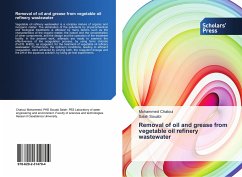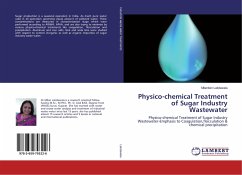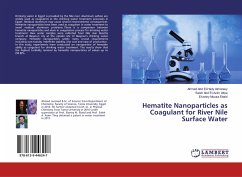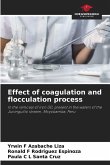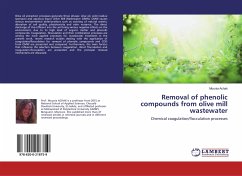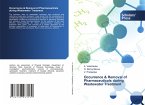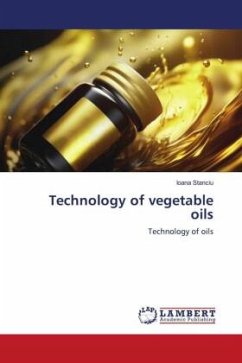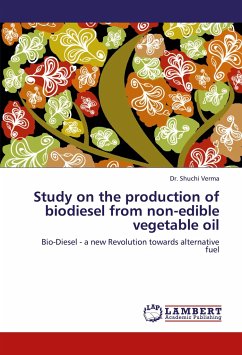Vegetable oil refinery wastewater is a complex mixture of organic and inorganic matter. The elimination of the pollutants by physicochemical and biological treatments is affected by many factors such as the characteristics of the organic matter, the nature and the concentration of other components, and the design and the operation of the treatment facility. In the present work, attempts are made to examine the effectiveness of the coagulation process, by using ferric chloride (FeCl3. 6H2O), as coagulant, for the treatment of vegetable oil refinery wastewater. Furthermore, the optimum conditions, leading to efficient coagulation, were achieved by varying both, the coagulant dosage and the pH of the aqueous solution, by using jar-test experiments.

